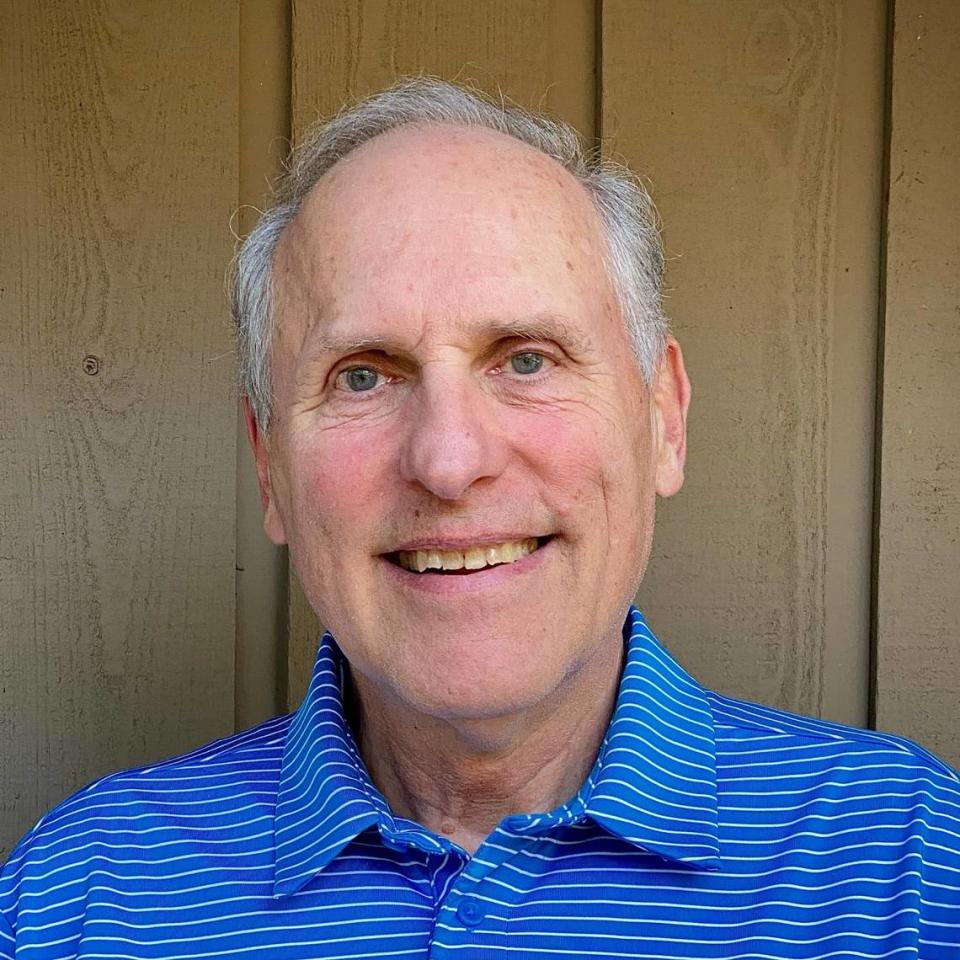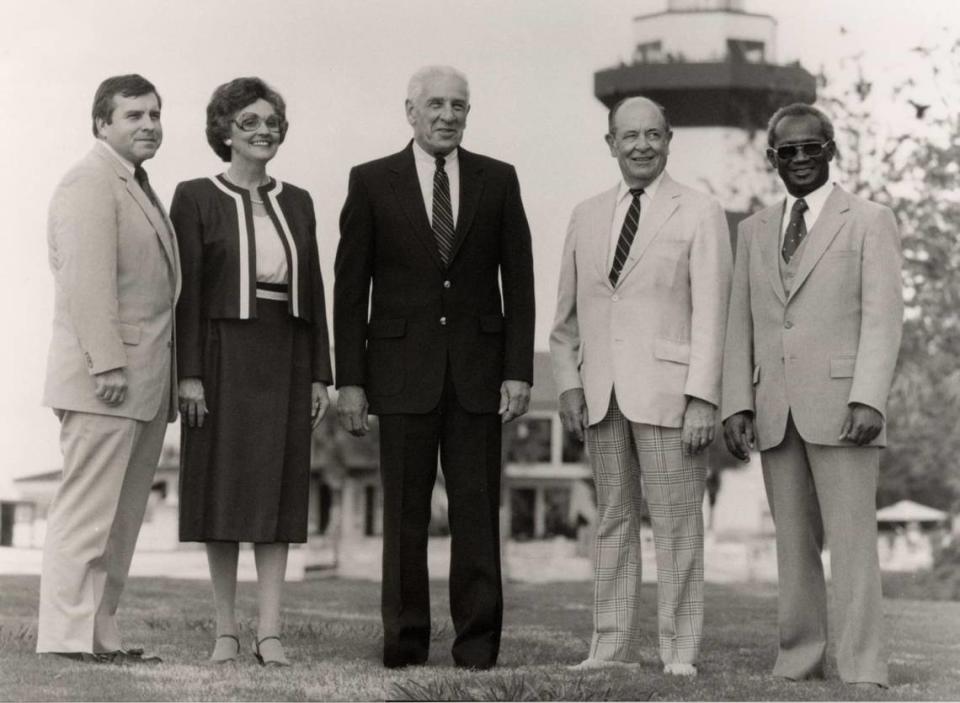The quiet Gullah voice that bridged the full sweep of life on Hilton Head Island | Opinion
Henry Driessen Jr. didn’t say a whole lot. That’s interesting for a man chosen to be the voice of longtime residents when newcomers incorporated the Town of Hilton Head Island in 1983.
Driessen, who died April 1 at age 96, was remembered last week as a member of Hilton Head’s first Town Council. He was re-elected four times, finally losing by a single vote 10 years later.

But he was also known for Henry Driessen’s Grocery & Service Station on William Hilton Parkway near Bradley Beach Road.
It dated to a “convenience store” opened there in 1926 by the grandparents who reared Driessen, Henry Sr. and Annie Miller Driessen.
Henry Driessen Jr. was also known as a board member of Palmetto Electric Cooperative, chairman of the board of deacons at First African Baptist Church, 1995 grand marshal of the island’s St. Patrick’s Day Parade, and a charter member of the Alexander E. Wiley American Legion Post 42.
And he was known as the husband of Phoebe Wiley Driessen, who for three decades taught first graders at Hilton Head Elementary School and in the one-room schoolhouses that preceded it.
From his birth in 1927 on a dark and quiet island until his passing on Easter Monday a stone’s throw from where he was born, Driessen’s life helps define Hilton Head.
The Gullah pillars
Henry Driessen Sr. bought 30 acres in the Chaplin area in 1908 for $300. He farmed it, with a marsh tacky horse for a tractor and young Henry as the chief bean picker, row hoer, wood splitter, and rounder up of cows each evening.
And then there was minding the store, which sold gasoline and kerosene from 55-gallon drums, and staples like grits, rice, flour and salt. It was a world of kerosene lanterns, and sailboats to get goods to the City Market in Savannah.
Henry Driessen Jr.’s life reflects all the pillars of the Gullah culture: Land ownership, church, education and family.
He got a college degree, served in the Army, tried teaching school, and came home to take over the store as the first bridge opened in 1956.
He once told Tom Upshaw, retired CEO of Palmetto Electric Cooperative, “that there were two significant events that had a profound effect on him and all of those that lived on Hilton Head. The first was the building of the bridge to the mainland and the other was getting electricity.”
Land ownership
By 1969, Driessen’s Gulf station had grown like the rest of the island, and he was advertising a new building “air conditioned for your comfort.” He added a package store, and worked alongside sons Bernard and Leon, and sometimes daughter, Ann. His home was out back.
The land Driessen inherited soared in value, and demand. He and other family members sold about 20 acres to the town for a total of $2.7 million, including the oceanfront tract for public beach access known as Driessen Beach Park.
Then in 2004, he sold his 5-acre tract on the highway to a subsidiary of Marriott for a nearby timeshare complex. The Driessens closed shop and built a home off Marshland Road.

Town Council
Driessen didn’t even want a town government. For most native residents, it was seen as a scheme to raise taxes and dictate what they could not do with their land, while providing no services. But after voters approved incorporation, Driessen said it was time to “face the facts” and “work together.”
In doing so, he became a different type of bridge for the island.
When he spoke, people listened. Driessen may have been the first to say the “limited services” mantra for the new town government should be ditched. He spoke up for islanders needing water and sewer service, and islanders whose problem was drainage, not tee times.
He tried to convince the town council to hire a full-time maintenance worker to look after roads. He favored a town police force. He supported the Cross Island Parkway, but helped get it rerouted so it would not destroy Gullah neighborhoods along Spanish Wells Road.
He supported the Youth Center and Rec Center — things he could have never dreamed of as his grandfather’s chief bean-picker.
David Lauderdale may be reached at LauderdaleColumn@gmail.com.

